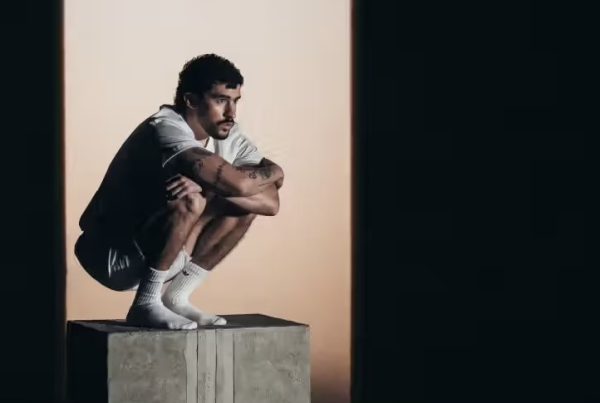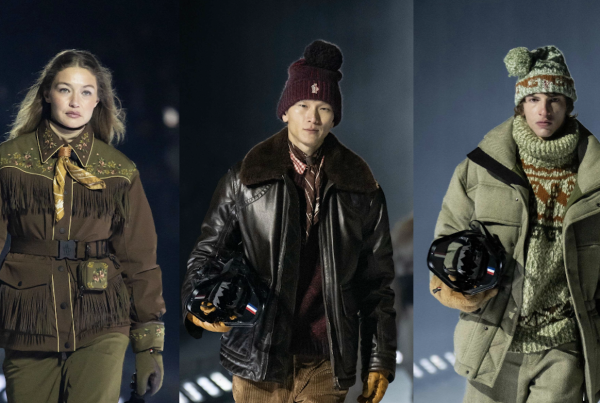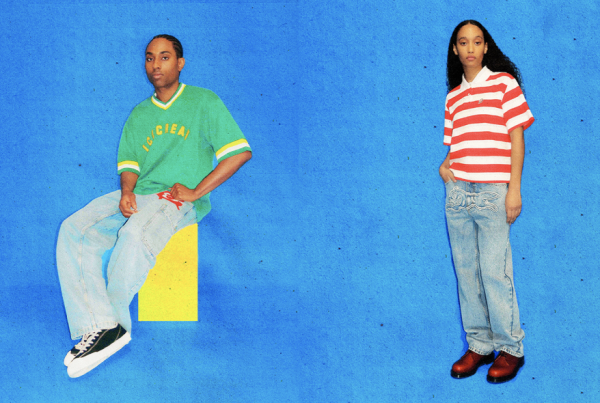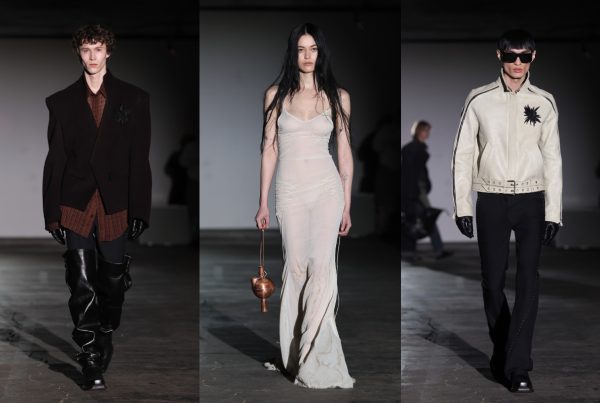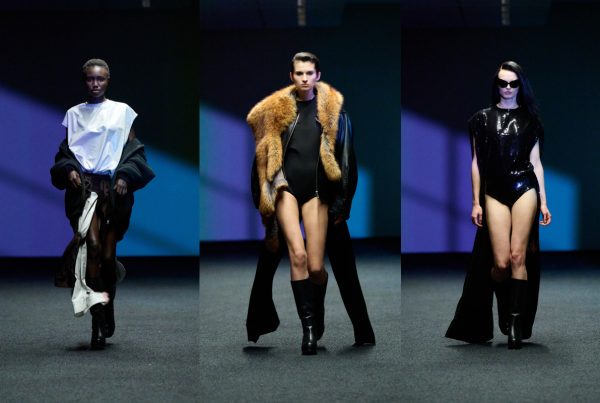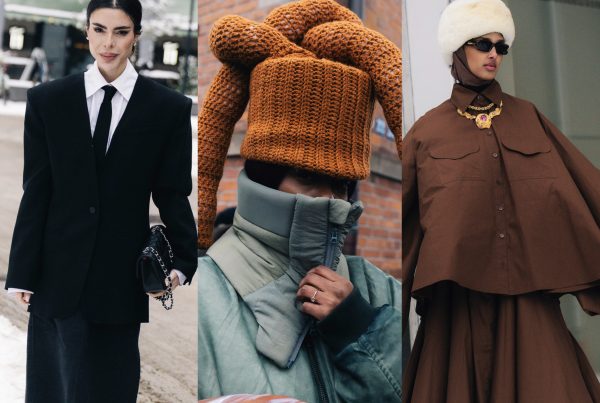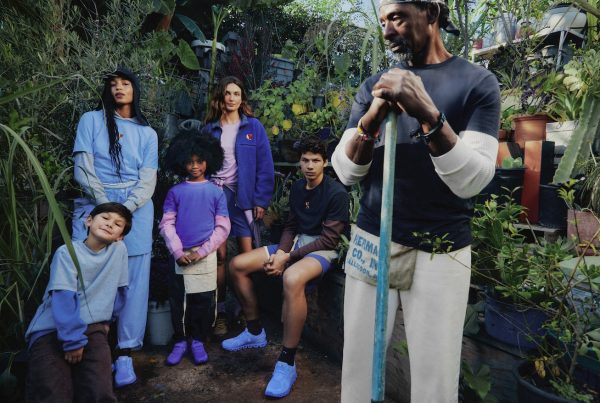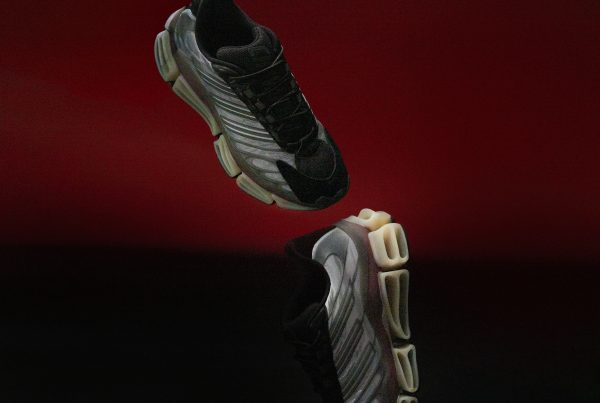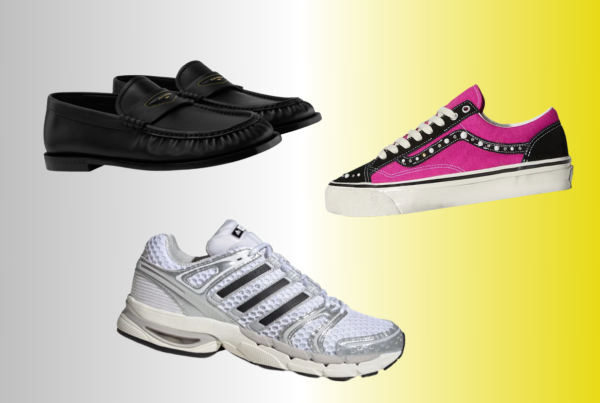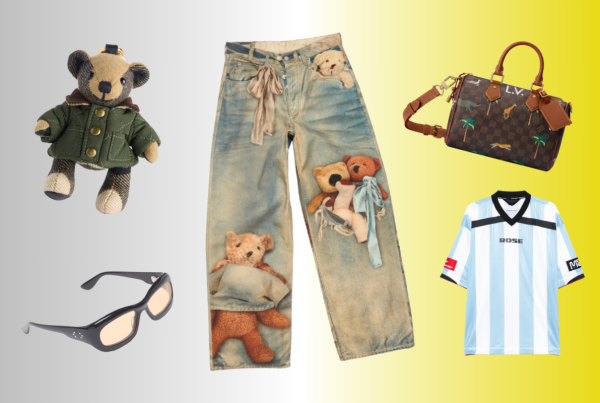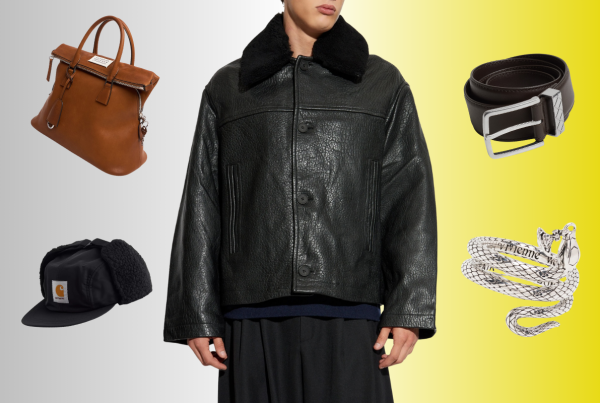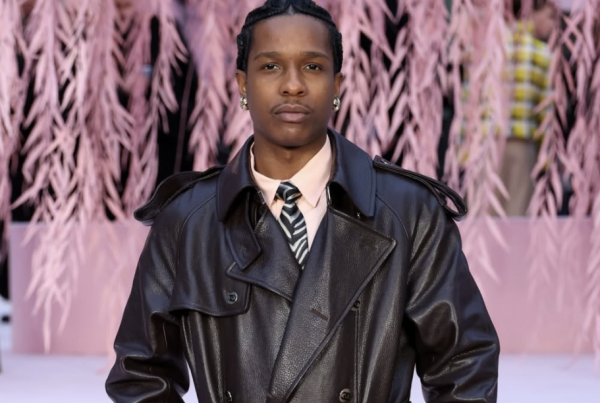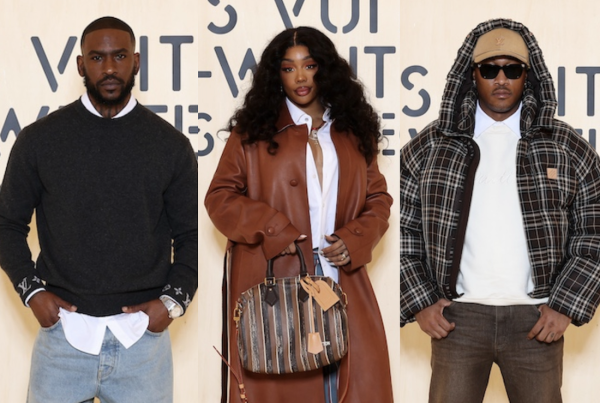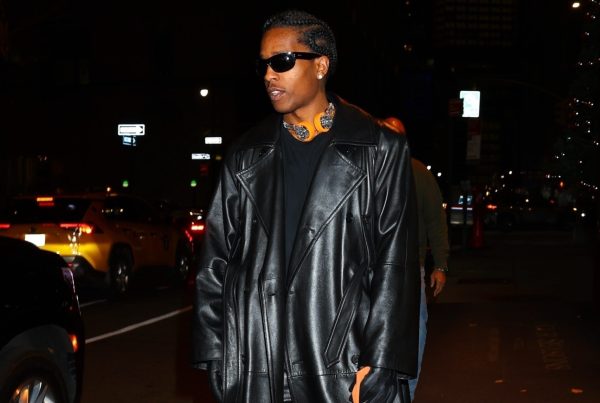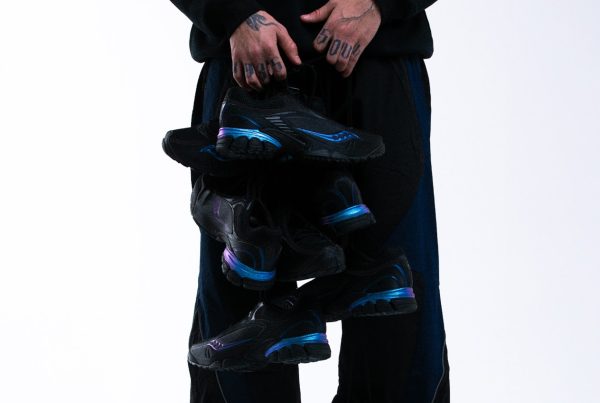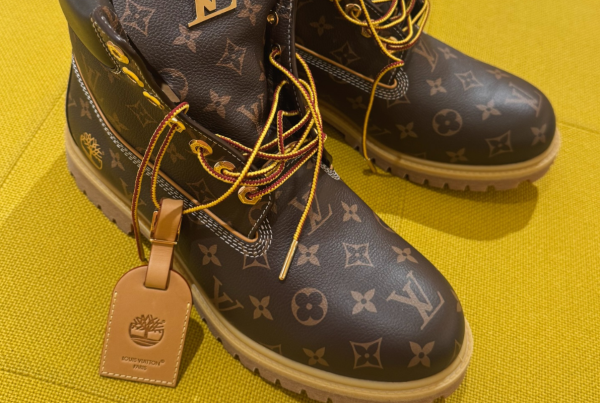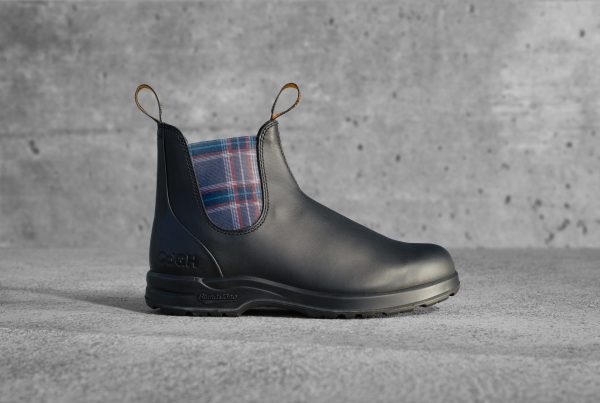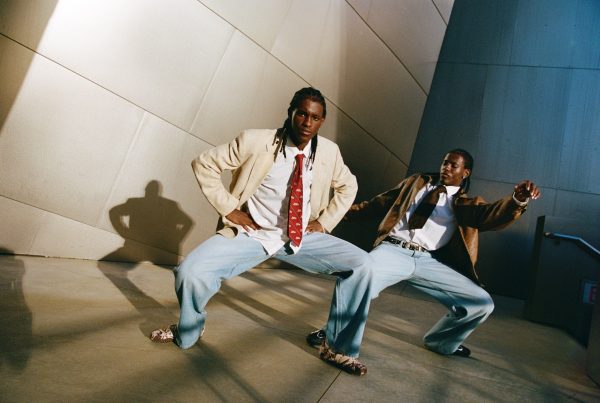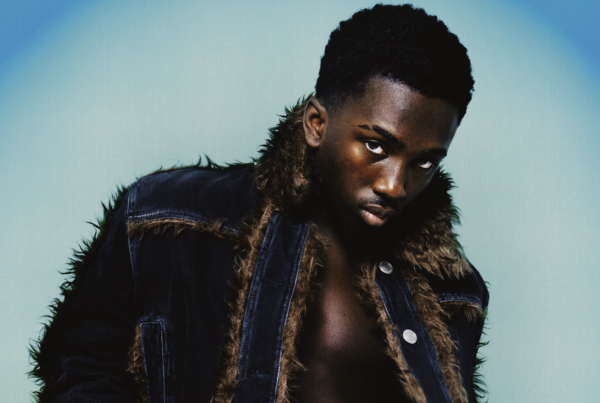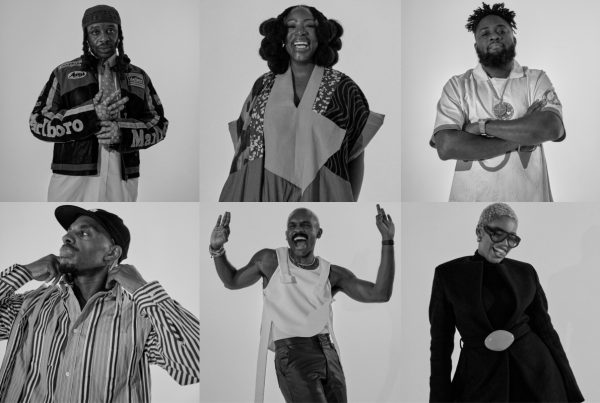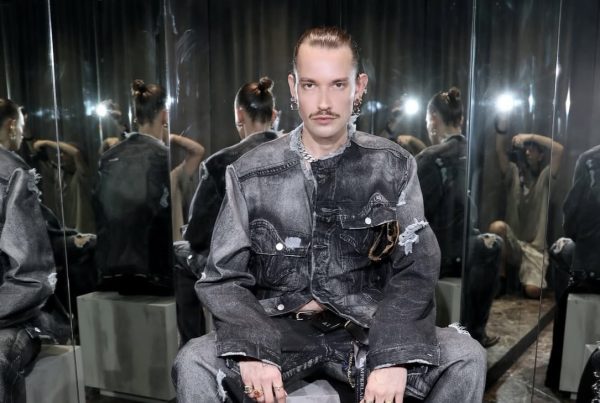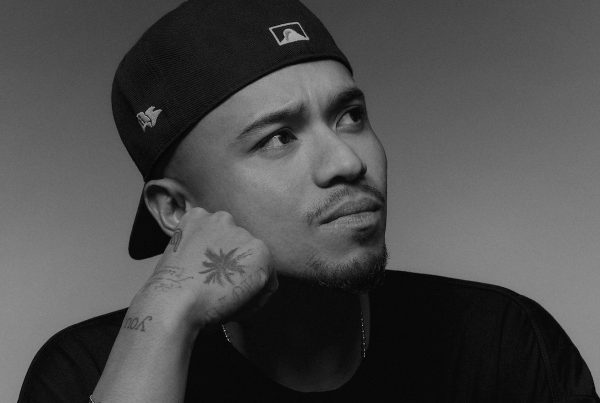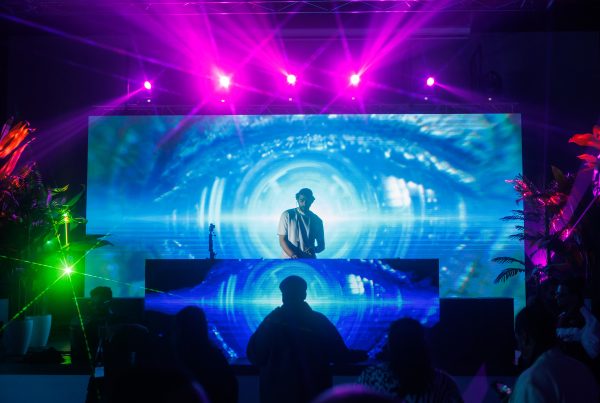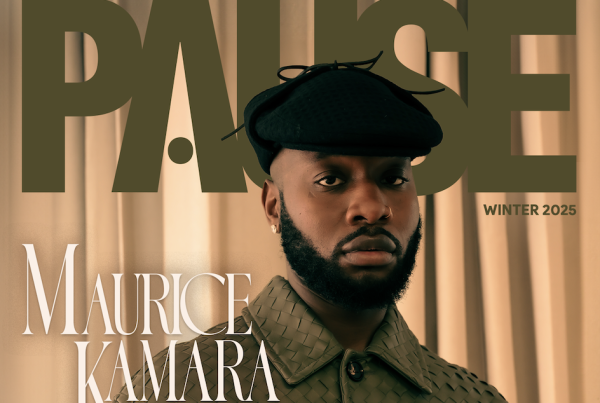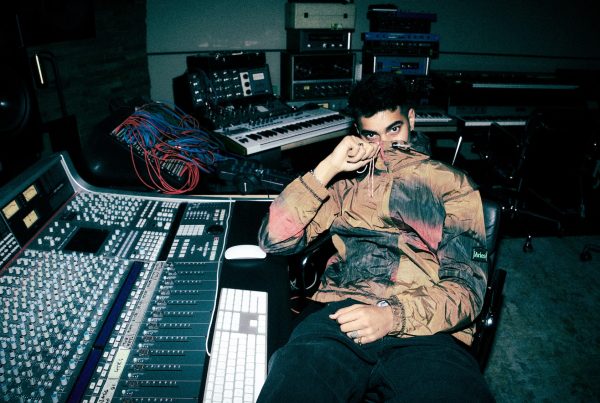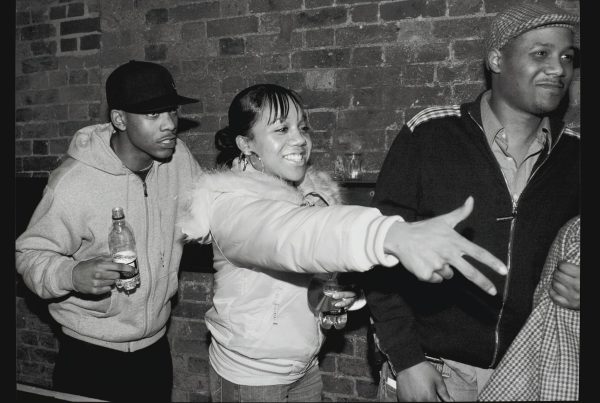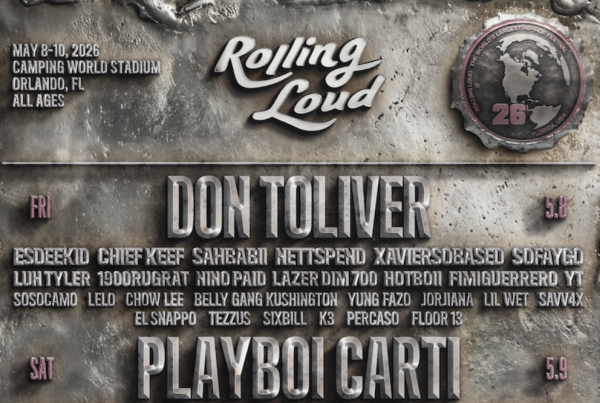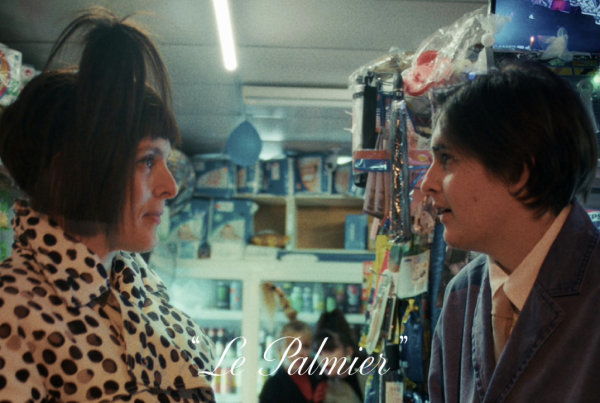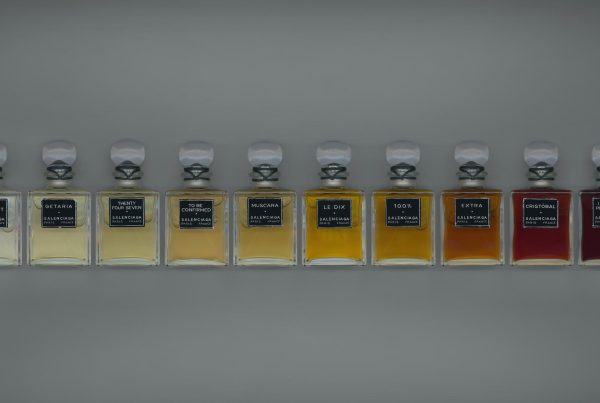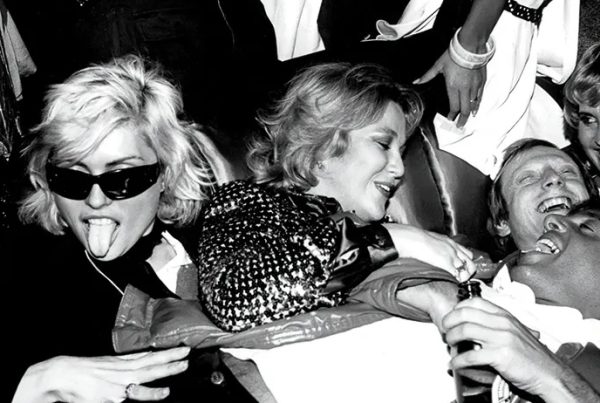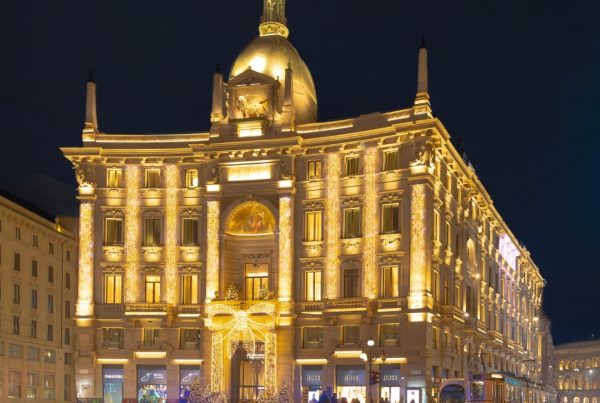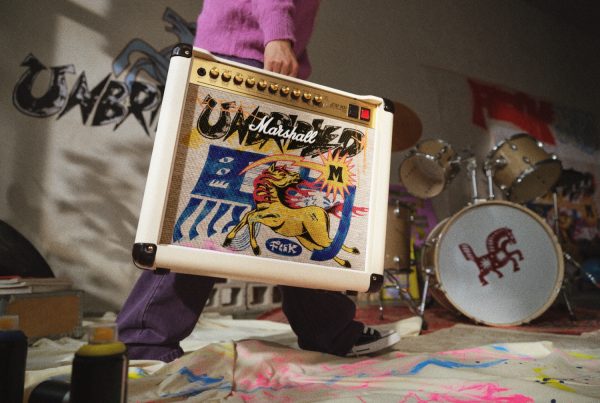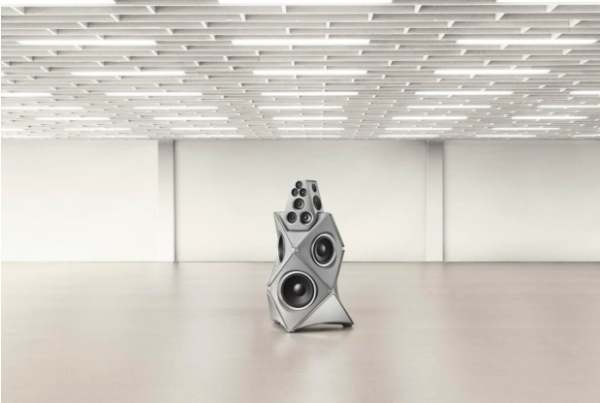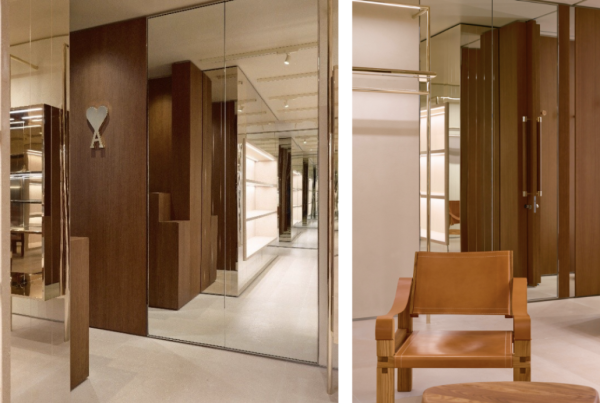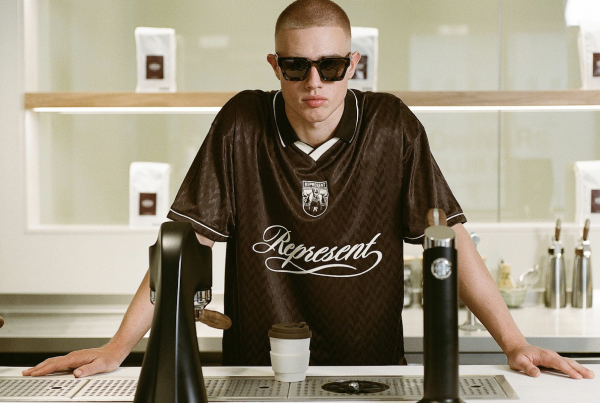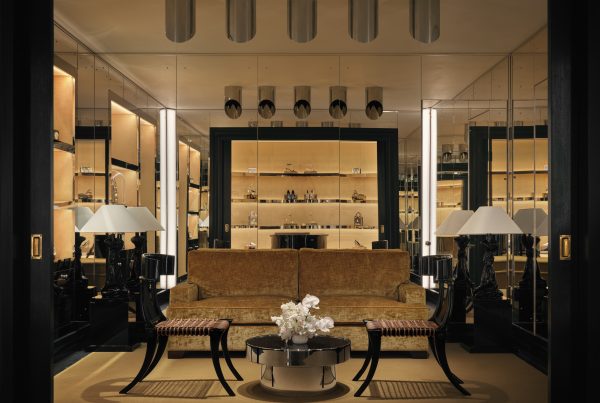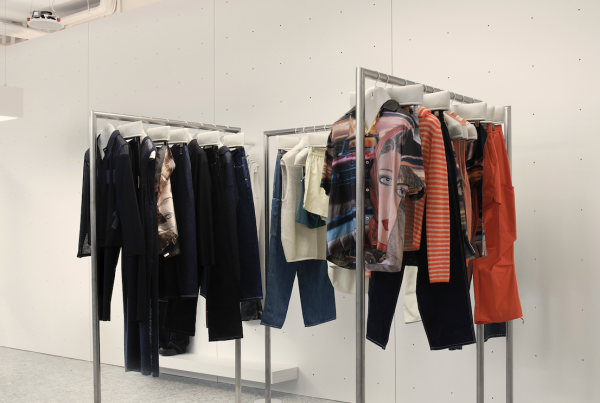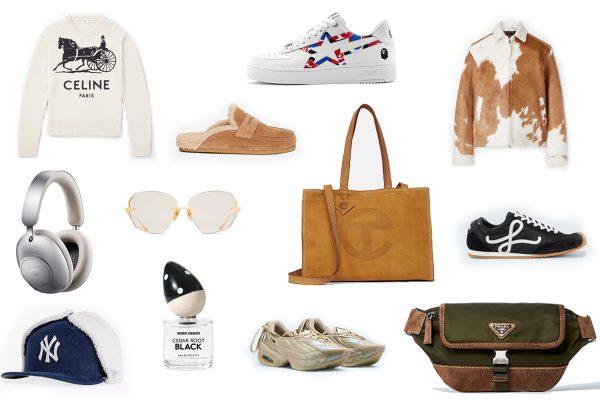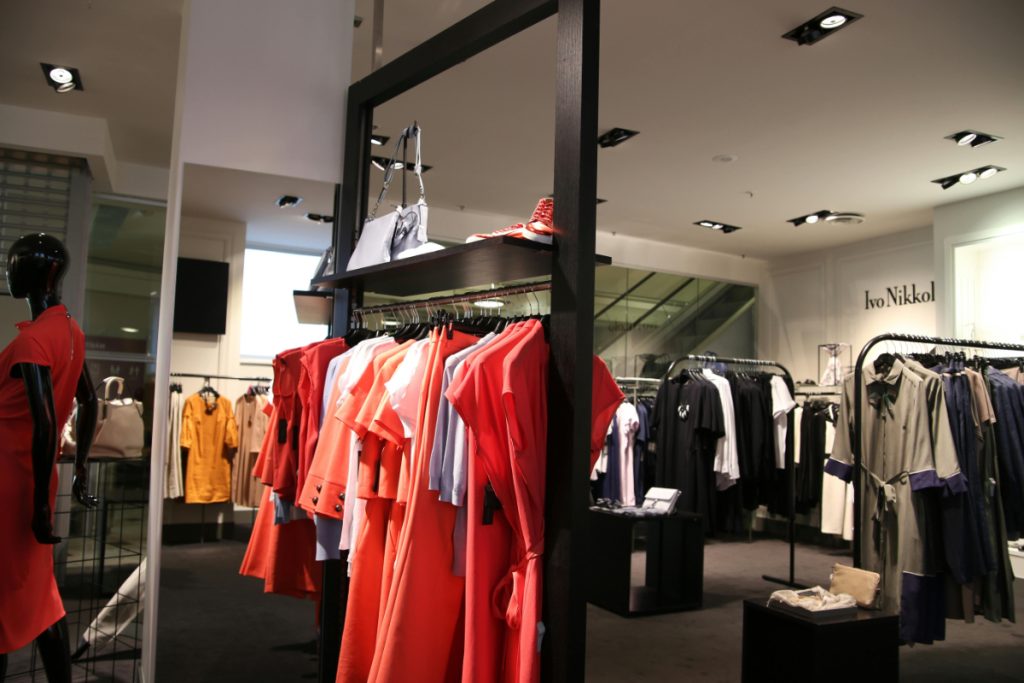
Fashion has long been a major influence on various industries, impacting not just the way we dress but also how businesses operate. From online retail and e-commerce to online entertainment, fashion’s reach extends far and wide. This article explores how fashion shapes these industries, providing unique insights into the trends and innovations driven by the fashion world.
The Impact on Online Retail
Fashion has always been a driving force in the online retail sector. With the rise of e-commerce, fashion brands have leveraged digital platforms to reach a global audience. Websites like ASOS and Zara have perfected the art of online retail, offering seamless shopping experiences to their customers.
These platforms not only provide a vast array of products but also incorporate user-friendly interfaces and efficient delivery services. The convenience of shopping from home, coupled with the ability to browse countless options, has changed the way people purchase clothing.
The integration of fashion in online retail has also led to innovative marketing strategies. Social media influencers and fashion bloggers play a significant role in promoting brands, showcasing the latest trends, and driving consumer engagement.
Chiara Ferragni, for instance, has collaborated with numerous luxury brands with her blog “The Blonde Salad,”significantly boosting their visibility and sales. This symbiotic relationship between fashion and online retail continues to grow, with personalised recommendations and targeted advertising enhancing the shopping experience.
The Impact on Online Entertainment
Fashion’s reach extends beyond retail and into online entertainment. Fashion shows and events are now live-streamed, attracting viewers from around the world. Platforms like YouTube and Instagram have become hubs for fashion content, where designers showcase their collections and influencers share styling tips. This integration of fashion and online entertainment has created new avenues for consumer engagement and brand promotion.
The intersection of fashion and online entertainment can also be seen in virtual worlds and gaming. Games such as The Sims offer players the ability to customise their avatars with fashionable outfits. Brands like Louis Vuitton and Gucci have collaborated with these platforms, creating exclusive digital clothing lines.
Even in the iGaming industry, fashion elements are becoming increasingly popular. Collaborations between companies like Playtech and FashionTV Gaming Group have led to the creation of fashion-themed casino games that attract style-conscious players with their unique blend of glamour and gaming.
Reputable online casino platforms like 32Red Casino also embrace fashion in their live casino games. By working with prime providers, they ensure that their croupiers and game hosts are dressed fashionably, enhancing the overall experience of their live games and shows. This attention to detail ensures that players enjoy a sophisticated and premium gaming atmosphere, aligning perfectly with the latest trends in the iGaming world..
The Impact on E-commerce
The evolution of e-commerce owes much to the fashion industry. Fashion brands were among the first to embrace online selling, setting the stage for other industries to follow. Platforms like Amazon and eBay initially gained popularity through the sale of fashion items.
These sites provided a model for other sectors to adapt, demonstrating the potential of online marketplaces. The success of fashion e-commerce has encouraged businesses across various fields to establish their own online stores.
The fashion industry’s influence on e-commerce also extends to the development of advanced technologies. Virtual fitting rooms and augmented reality applications are examples of innovations driven by fashion. Companies like Warby Parker and Sephora have adopted similar technologies, highlighting the broader impact of fashion on e-commerce advancements.

